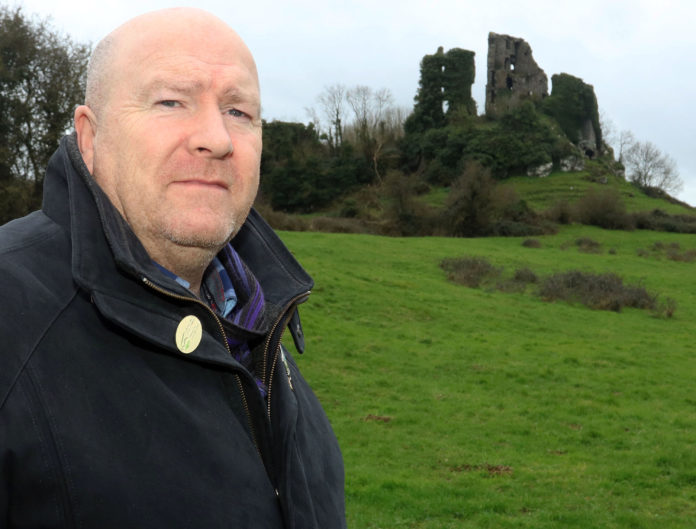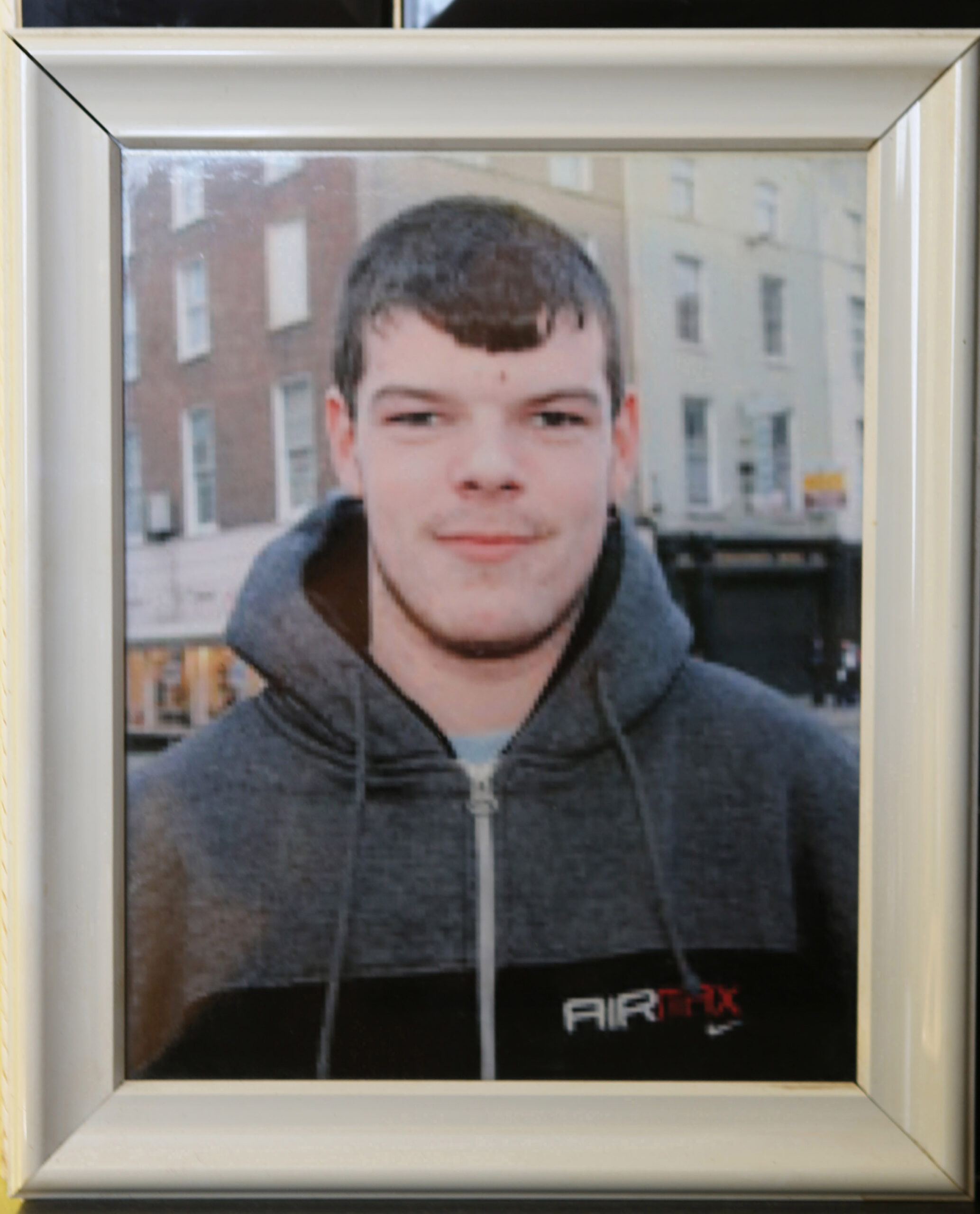
by David Raleigh
A retired detective garda who helped investigate the murder of an innocent teenager 14 years ago has called for a “regional Garda cold case unit” to re-examine the unsolved killing.
The investigation into the murder of Jeffrey Hannan has been plunged into controversy with claims that a detective garda withheld a witness statement identifying the killer from the investigation, in order to protect an informant.
Sean Lynch, who was the Garda liaison officer to the Hannan family, said the “brutal murder” has never left him, but that he remains hopeful “advances in DNA and forensic technology’’ will eventually bring the killer to justice.
Jeffrey Hannan (19), who had no criminal links whatsoever, was beaten to death with an axe while socialising at a bonfire after attending a house party in the early hours of November 22, 2007.
The individual at the centre of the allegations of garda malpractice – who was not part of the Hannan investigation – retired from the force while appealing findings of a internal garda probe into the claims.
Their retirement ended the internal disciplinary process as it only applies to serving members. The allegations are being examined in separate fresh probes by Michael Finn, Assistant Commissioner Southern Region, and the Garda Síochána Ombudsman Commission (GSOC).

Picture Press 22
Mr Lynch says he is personally very saddened that the killer has not been brought to justice despite the “tremendous work” he and his colleagues put into the investigation.
The lack of charges or a conviction in the case, and others, has left him emotionally scarred, he said: “Everyone of them that I have been involved with, every one of them, because I was liaison officer for the (Hannan) family and for other families in Limerick in cases that have not been solved. You are with the family morning, noon, and night; you’re the link, so you get to know every one of the family members very closely, and of course you’re always in contact, that’s just the nature of the gardaí, we always gave it 100 per cent.”
The failure of gardaí to charge the chief suspect “has a huge impact on gardaí as well as the Hannans, and the community, and the families because the gardaí are human as well, and it does have an emotional impact on them”.
“I want to appeal to the witnesses that were at that scene to do the right thing, it is 14 years. I’d be asking for a substantial witness, because we know they are there, to come forward.”
Over the years gardaí made 20 arrests and a local garda peer review of the investigation was established but failed to bring the case forward.
“We need that wall of silence that has existed since Jeffrey’s brutal murder, to fall,” said Mr Lynch.
Mr Lynch, who was later elected a councillor and Mayor of the Metropolitan District of Limeirck, said he believes the killer will eventually be caught due to advances in DNA and forensic technology.
“Fourteen years later, certainly forensics have moved on, and we now have a DNA database which we didn’t have back then. It’s only a matter of time before the knock will come to the person’s door, so what I would be asking them is don’t wait for the knock, you go and just do the right thing,” he added.
He argued that a garda cold case unit needs to be permanently established outside of Dublin, in order to tackle unsolved killings in the regions.
“We are too dependent on the national support services, this needs to be a regional support, we should have all the national supports in the regions; we have an Assistant Commissioner in the region, so he shouldn’t have to depend on Dublin to send (investigators) to the regions.”
“We should have our own regional support teams, that if we need a review team, a bureau team, a cold case unit. We depend on the Dublin-based Garda National Bureau of Criminal Investiagtion (GNBCI) but we should have a regional team.”
“Dublin is in itself such a busy city and surrounds, there is so much going on up there, that gardaí there probably cant get around to do what they want to do because they don’t have the resources.”


